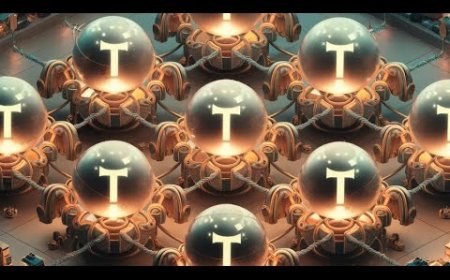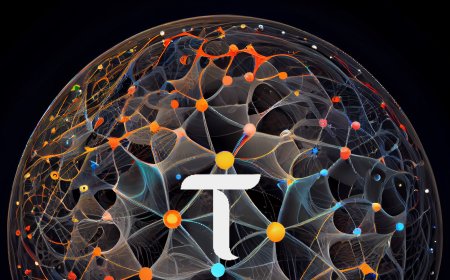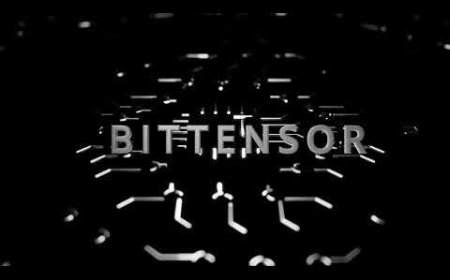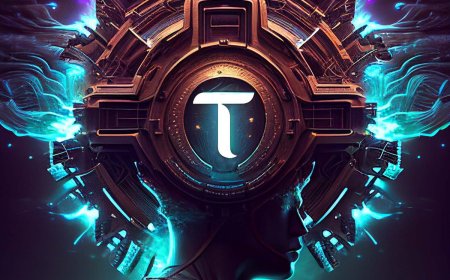BitTensor and the Future of Decentralized AI: Building a Neural Economy Without Bureaucratic Control
n the rapidly evolving world of artificial intelligence (AI), BitTensor is pioneering a movement towards decentralization, creating a "neural economy" that seeks to escape the control of governments and large corporations.
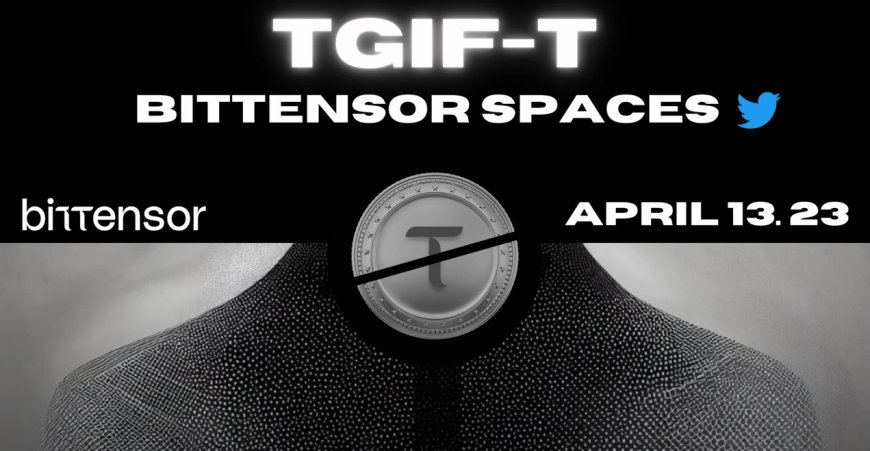
Introduction
In the rapidly evolving world of artificial intelligence (AI), BitTensor is pioneering a movement towards decentralization, creating a "neural economy" that seeks to escape the control of governments and large corporations. This article explores how BitTensor's unique approach to AI governance and infrastructure aims to redefine the future of AI. We'll dive deep into the technical aspects, the community's vision, and how decentralized AI can disrupt traditional models of centralized control.
The Emergence of Decentralized AI and BitTensor
Artificial intelligence is now central to numerous industries, but its development is often governed by centralized authorities. Major tech companies like OpenAI and Anthropic have become gatekeepers of AI innovation. In contrast, BitTensor advocates for a decentralized approach to AI, where control is distributed among a network of validators and participants, ensuring that AI remains accessible, censorship-resistant, and immune to external pressures.
A recent conversation between BitTensor community members revealed their excitement for building this alternative future. The group emphasized the need for a decentralized AI structure to avoid the bureaucratic and political influences that have increasingly encroached upon AI development.
"There's a lot of pressure on the AI industry to regulate itself," one community member noted, "but it doesn’t know how to. So, it's going to hand that task over to governments." BitTensor's goal is to prevent this centralization and provide an AI infrastructure that's open, transparent, and governed by its users.
Neural Economy: A Radical Shift in AI Governance
The term "neural economy" refers to the decentralized economic system where AI models and applications operate independently, driven by the contributions of participants such as validators, miners, and developers. In this ecosystem, stakeholders collaborate without external control, creating a self-sustaining network where economic incentives align with the needs of the community.
In this system, validators are crucial—they maintain the network and validate transactions, much like miners in blockchain technology. In BitTensor, validators run the prompting network, where developers can build applications on top of the decentralized infrastructure. This model is designed to provide an alternative to traditional AI development environments, such as those offered by OpenAI, but in a more decentralized, user-controlled way.
Validators and developers within the BitTensor ecosystem are excited about the opportunities that decentralized AI presents. For instance, a new project called Pocket API aims to allow users to run their own APIs on top of the network, opening up new possibilities for AI applications that aren’t tethered to centralized platforms.
BitTensor's Decentralized Infrastructure
BitTensor's infrastructure is built on a blockchain framework that powers its decentralized AI network. One of its core components is liquid staking, which allows users to stake tokens in validators and access benefits from the network. Validators and miners collaborate to ensure the network's functionality, stability, and continuous uptime.
Developers in the BitTensor community are also exploring ways to integrate widely used tools like Stripe payment APIs, further simplifying access to the network. Through projects like LangChain, developers can build complex AI agents directly on the network, offering enhanced functionality with built-in redundancy and reliability.
"By being a validator on BitTensor," one developer noted, "developers will have access to the same type of API they could build with OpenAI, but in a decentralized, self-hosted way."
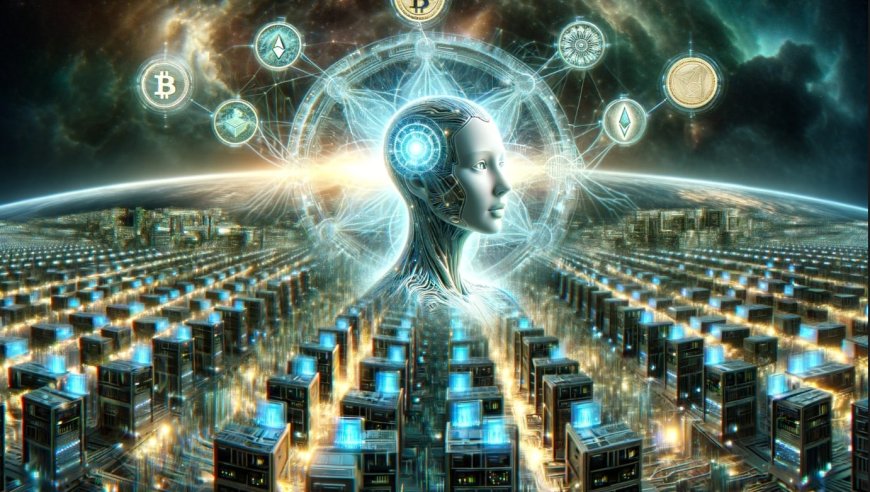
The Challenges of Decentralization and Governance
Despite the excitement, there are challenges to decentralized AI governance. The group acknowledged the growing concerns about AI regulation and the potential for centralized control.
Several community members expressed concern about recent calls for a pause in AI development, arguing that this would only benefit large corporations and governments, further consolidating control. "This is about control, as important as controlling currency," one individual observed, emphasizing the importance of building a decentralized system that cannot be regulated or constrained by a few powerful players.
BitTensor's solution is to ensure that the AI network remains censorship-resistant and cannot be easily manipulated by external forces. The group stressed the importance of decentralized AI to the future of technology, particularly as AI becomes increasingly intertwined with global economic and social systems.
The BitTensor Ecosystem: Miners, Validators, and Community Engagement
In the BitTensor ecosystem, validators and miners play a vital role. Validators maintain the network's integrity, while miners contribute computing power to support the system's neural economy. A key feature of this ecosystem is the staking process, which involves users staking their tokens in different validators to earn rewards based on performance and other factors.
The network is continually evolving, and its capacity is expanding. Recently, BitTensor increased its validator slots to 1024, allowing more participants to contribute to the network's stability. As the network grows, so will its capacity for innovation, enabling more applications to be built on top of the decentralized infrastructure.
Incentives, Privacy, and Security
One of the critical topics discussed within the community is the balance between incentives and network performance. Concerns have been raised about the potential for network regression if token valuations drop without adequate incentives for miners. However, the community is confident that the system's anti-fragile design will help it adapt to market changes by ensuring that inefficient miners are pushed out while more effective ones remain.
Privacy and security are also top priorities for BitTensor. The team is working on methods to ensure data privacy without relying on traditional encryption techniques. For instance, users will be able to train models and own their weights, giving them control over their data and AI models.
The Future of BitTensor: Growth and Marketing
With its infrastructure now more established, the BitTensor community is beginning to focus on marketing and expanding its reach. The team recently shifted its social media presence from representing "BitTensor" to "OpenTensor," reflecting the broader community-driven nature of the ecosystem.
While BitTensor has been cautious about creating hype, community members feel that the time has come to showcase the power of decentralized AI. The technology is now mature enough to demonstrate its potential to a larger audience.
Conclusion
BitTensor represents a revolutionary approach to AI development, centered around decentralization, community governance, and the creation of a neural economy. By fostering an open, censorship-resistant network, BitTensor is poised to challenge traditional models of AI control and governance.
As the world grapples with questions about how AI should be regulated and who should control it, BitTensor's decentralized infrastructure provides a compelling alternative. The future of AI may very well lie in the hands of its users—not governments or corporations.
Source : @The Bittensor Hub.
